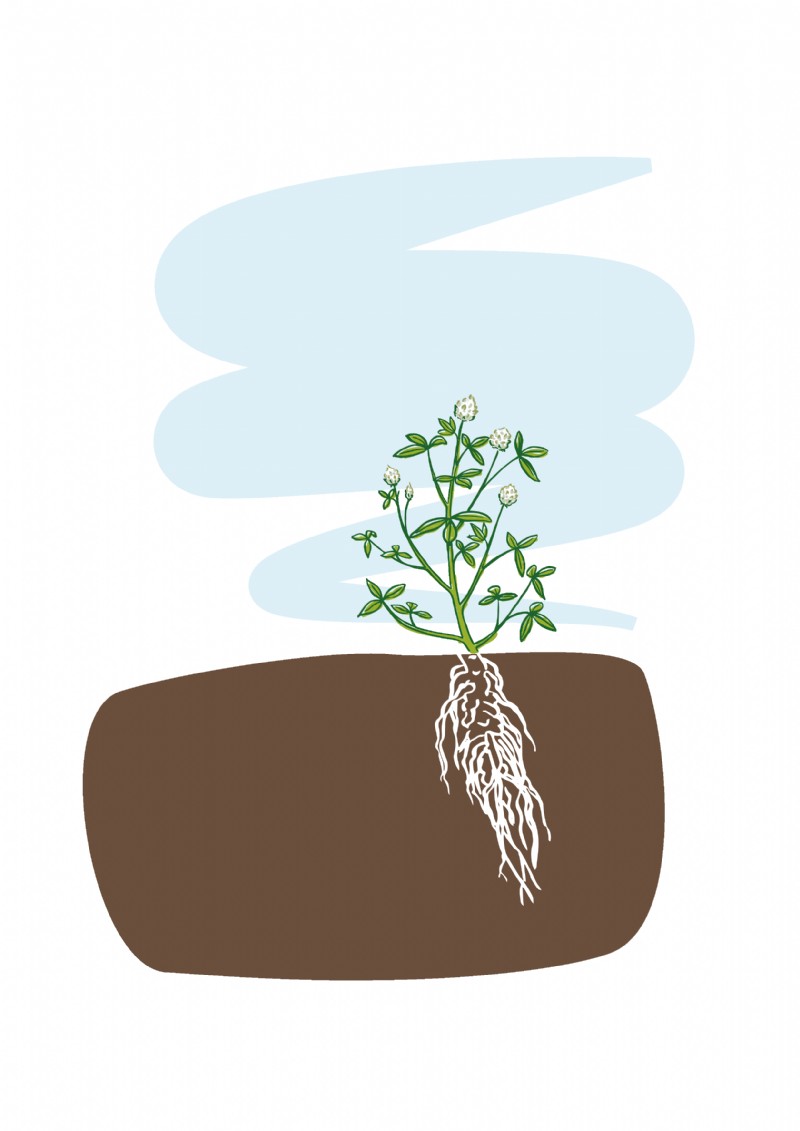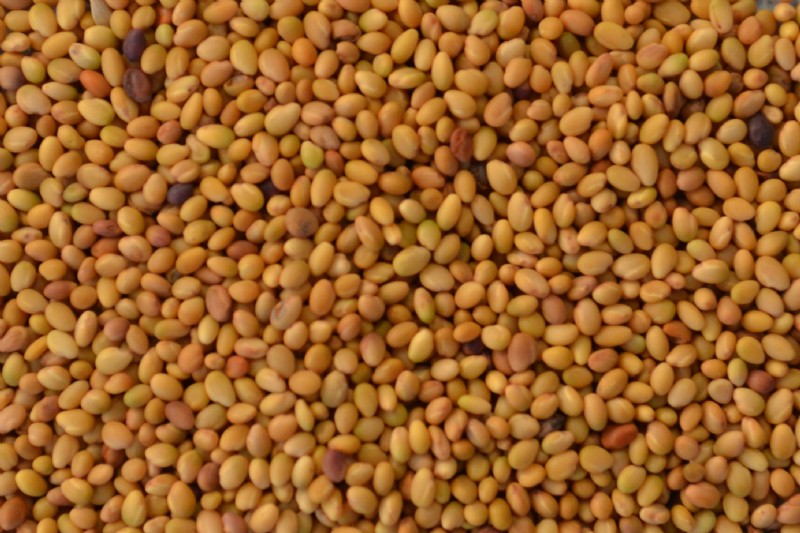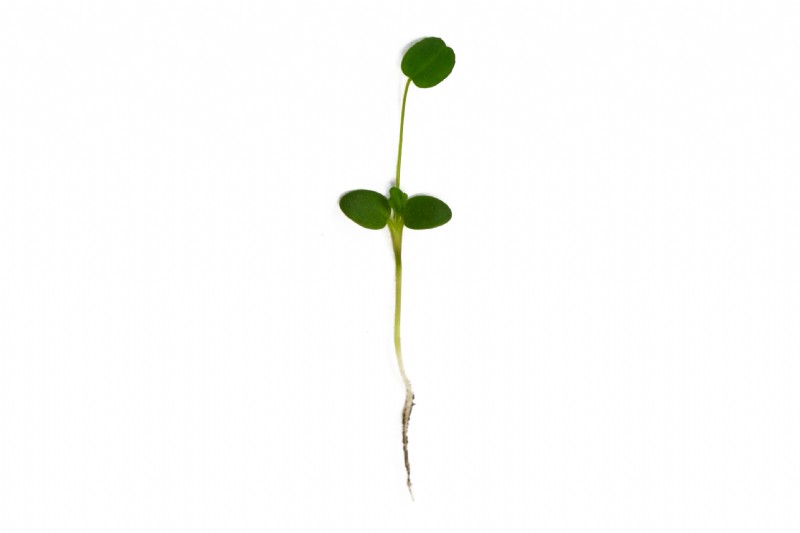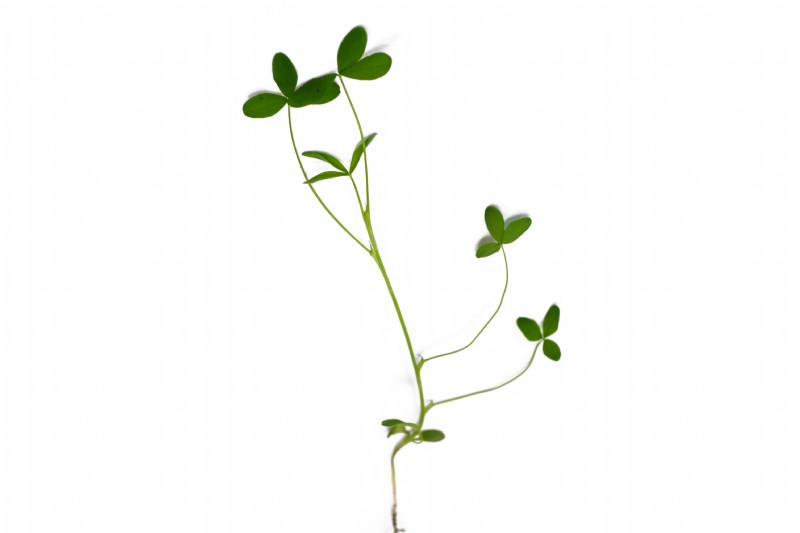Berseem Clover
This is a short term legume also known as Egyptian clover. It provides fast growing biomass and nitrogen fixation when sown in warm soils.
Uses
Zero grazing or hay making, also used as a short term soil improving green manure. It's high growing point makes it generally unsuitable to grazing, unless grazing to terminate. Some recent work using it as a companion crop with oil seed rape to enhance rooting.
Persistence
An annual species.
Strengths
A quick growing, fleshy, high biomass crop. With it's low frost tolerance the green material can break down quickly, making it easy to incorporate before the following crop.
Frost Tolerance
Generally not a winter hardy species, this trait can be utilised to kill off over winter before a spring sown crop.
Yield
Approximate yields have shown 3.5 - 4.5t DM/ha.
Sowing Rate Advice
5kgs per acre / 12.5kg per ha.
As with other clover seeds, it is critical to sow this seed to a shallow depth on a fine, firm seedbed. Sowing too deep will dramatically affect plant establishment.
Ideal Sowing Time
Berseem clover should be sown when soils are warm (the soil should be no less than a constant 7 degrees temperature, or on the rise). This is usually from April through to early September, with adequate soil moisture.
Management
Cutting or grazing after flowering or late in the season will give little regrowth.
Distinguishing characteristics
Seed
It is a rounded, oblong shape and varies in colour from pale yellow to beige. It is smooth and dull in texture, reaching 2mm in length.
Seedling
The seedling develops two rounded to oblong cotyledons with very short petioles. The first true leaf is on a longer stalk, with an angularly margined rounded leaf.
Flowering Plant
A dark green plant with thin, oval trifoliate leaves, the stipules are membranous.
It has an upright, erect growth habit.
The flower heads are white and slightly oblong to oval in shape, compared to white clover.
The root system is generally shallow and fibrous, rather than penetrating to depth.
Additional Info
Average seeds per kg - 400,000. Average protein content 17%.
Works well with
It can be combined with aggressive annual grass species like westerwold ryegrass or other annual clovers like persian and crimson, for a soil improving mixtures.You can find Berseem Clover in the following mixtures








